Directory
- Share
Hoai Pham
- Alumni
- United States
- 2001 PhD Historical Studies
- Pembroke College

Hoai Pham
- Alumni
- United States
- 2001 PhD Historical Studies
- Pembroke College
Dr. Julie Pham is the founder and the CEO of CuriosityBased, an organizational development firm based in Seattle. She is the author of the #1 Amazon New Release and Bestseller 7 Forms of Respect: A Guide to Transforming Your Communication and Relationships at Work.
Dr. Pham has been recognized with numerous awards for her community leadership. She has applied her community building approach to building strong, collaborative and curious teams.
She was born in Saigon, Vietnam and raised in Seattle. Dr. Pham earned her PhD in history at Cambridge University as a Gates Cambridge Scholar and she graduated magna cum laude from University of California, Berkeley as a Haas Scholar. She earned her real life MBA by running her family’s Vietnamese language newspaper during the 2008-2010 recession. She has worked as a journalist, historian, university lecturer, marketer, nonprofit executive, and management consultant.
Previous Education
University of California (Berkeley) BA (History) 2001
Links
http://www.curiositybased.com
https://www.facebook.com/julie.pham.9843
https://www.linkedin.com/in/juliepham2
Duc Phan
- Alumni
- Viet Nam
- 2008 MPhil Economics
- Girton College
Duc Phan
- Alumni
- Viet Nam
- 2008 MPhil Economics
- Girton College
The Gates community is simple awesome!
Darci Phillips
- Alumni
- United States
- 2003 MPhil BioScience Enterprise
- Trinity Hall

Darci Phillips
- Alumni
- United States
- 2003 MPhil BioScience Enterprise
- Trinity Hall
This taught MPhil program covers the latest advances in biological and medical science, together with business management and the ethical, legal and regulatory issues associated with bringing scientific advances to market.
Matthew Phinney
- Alumni
- United States
- 2011 MASt Pure Mathematics
- Darwin College
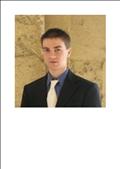
Matthew Phinney
- Alumni
- United States
- 2011 MASt Pure Mathematics
- Darwin College
I am currently studying for Part III of the Mathematical Tripos (MASt Pure Mathematics). My main interests lie in applied and computational analysis, probability theory, and stochastic calculus. I am particularly interested in the design of efficient algorithms for the characterization of multiscale systems.
Shin Zert Phua
- Scholar
- Malaysia
- 2025 MPhil Master of Philosophy in Human-Inspired Artificial Intelligence
- Fitzwilliam College

Shin Zert Phua
- Scholar
- Malaysia
- 2025 MPhil Master of Philosophy in Human-Inspired Artificial Intelligence
- Fitzwilliam College
I came from Ipoh, a small mining town in Malaysia. My father passed away from lung cancer having never smoked in his entire life. His passing motivated me to explore whether certain diseases are caused by urban environmental factors or bad genetics. My experience of delivering food to the single-living, less-abled elderlies during COVID-19 made me realise that many people in Singapore faced similar health difficulties too. This series of events made me question if we could change the way we live, and perform preventive measures to address factors affecting our health outcomes. At the University of Cambridge, I will pursue the MPhil in Human-inspired Artificial Intelligence. My research will create the foundational tools to describe the relationships between urban elements and humans and provide the data infrastructure to investigate causal inference between urban exposures and health outcomes. With the Gates-Cambridge scholarship, I now have the opportunity to make an impact on public health and create a way where we all can live a healthy and prosperous life.
Previous Education
Nanyang Technological University Mechanical Engineering
Edoardo Piano
- Alumni
- Italy
- 2001 PhD Mechanical Engineering
- St Edmund's College

Edoardo Piano
- Alumni
- Italy
- 2001 PhD Mechanical Engineering
- St Edmund's College
My background in mechanical engineering has prepared me to tackle diverse problems in the field of engineering. Just after my arrival in Cambridge, I radically changed my research field thanks to the generous support from the Trust. I am now working on the development of a wastewater treatment system to deal with the crucial sanitation issues of refugee camps. I hope to become a professional engineer with a broad background in sustainable development, business economics and human dignity.
Agnieszka Piasna
- Alumni
- Poland
- 2009 PhD Sociology
- Queens' College
Agnieszka Piasna
- Alumni
- Poland
- 2009 PhD Sociology
- Queens' College
For my PhD in Sociology I analyse trends in job quality (work intensity, working time flexibility and job autonomy) across various welfare systems in the EU. My research interests involve broadly various aspects of job and employment quality from the comparative perspective. I researched work-life balance arrangements in Italy; retirement transitions in Poland; professional work environments in the UK; debates and measures of quality of employment from the perspective of a development agenda of Latin America; gender equality and gender norms in the EU.
Katherine Pickard
- Alumni
- United States
- 2011 MPhil Social & Developmental Psychology
- Newnham College

Katherine Pickard
- Alumni
- United States
- 2011 MPhil Social & Developmental Psychology
- Newnham College
This year at the University of Cambridge, I will be receiving an MPhil in Social and Developmental Psychology under the supervision of Dr. Claire Hughes. During my time in Cambridge I will be working on Dr. Hughes' "Toddlers and Up" project, a longitudinal study that examines young children's learning profiles. By looking at young children with high levels of inhibition and social anxiety, I hope to compare their performance on executive function tasks to their more outgoing peers.
Blanca Piera Pi-Sunyer
- Scholar
- Spain
- 2021 PhD Psychology
- Darwin College

Blanca Piera Pi-Sunyer
- Scholar
- Spain
- 2021 PhD Psychology
- Darwin College
It was during my BSc in Psychology at the University of Amsterdam, NL, that I became interested in how social, cultural and environmental factors present in the immediate environment can bring about individual differences between people. It became clear that brain development and neuroplasticity play a crucial role in contributing to these individual differences and I developed a deep interest in developmental neuroscience. For this reason, I completed an MRes in Cognitive Neuroscience at University College London, UK, focusing on adolescent socio-cognitive development. I am especially interested in the period of adolescence (defined as 10 to 24 years) because 75% of socio-emotional disorders first appear during this period of life, highlighting the urgent need to better understand how the social environment contributes to the development of the brain and cognition. In a collaboration between the University of Cambridge and the Institute of Global Health in Barcelona, I will carry out an interdisciplinary PhD project that will assess how sociocultural and environmental factors contribute to self- and socio-cognitive processing in adolescence, and how these may be associated with risk and resilience to mental health problems.
Previous Education
University College London Cognitive Neuroscience 2019
University of Amsterdam PPLE - Psychology Major 2018
Julianne Pigott
- Alumni
- Ireland
- 2012 PhD Anglo-Saxon Norse and Celtic
- Trinity College
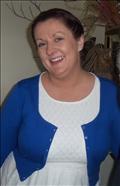
Julianne Pigott
- Alumni
- Ireland
- 2012 PhD Anglo-Saxon Norse and Celtic
- Trinity College
I graduated first in my faculty, in 2011, with a BA in History and Political Science, a combination which incorporated my passion for both research and activism. This year I completed my master’s thesis on the framing of female sanctity in Early Irish hagiography. My proposed doctoral research expands upon this project, to interrogate the role of vernacular saints’ lives in identity formation. I am particularly excited about the opportunities for interdisciplinary research afforded by my Cambridge department. The experiences and challenges encountered, in returning to education as a mature learner, have been among the most difficult and rewarding of my life. The professional validation and personal fulfilment arising from my studies have been, and continue to be, an immense privilege and I am confident that in my future career I will aid other mature students negotiate their university years.
Rachel Pike
- Alumni
- United States
- 2006 PhD Chemistry
- Emmanuel College
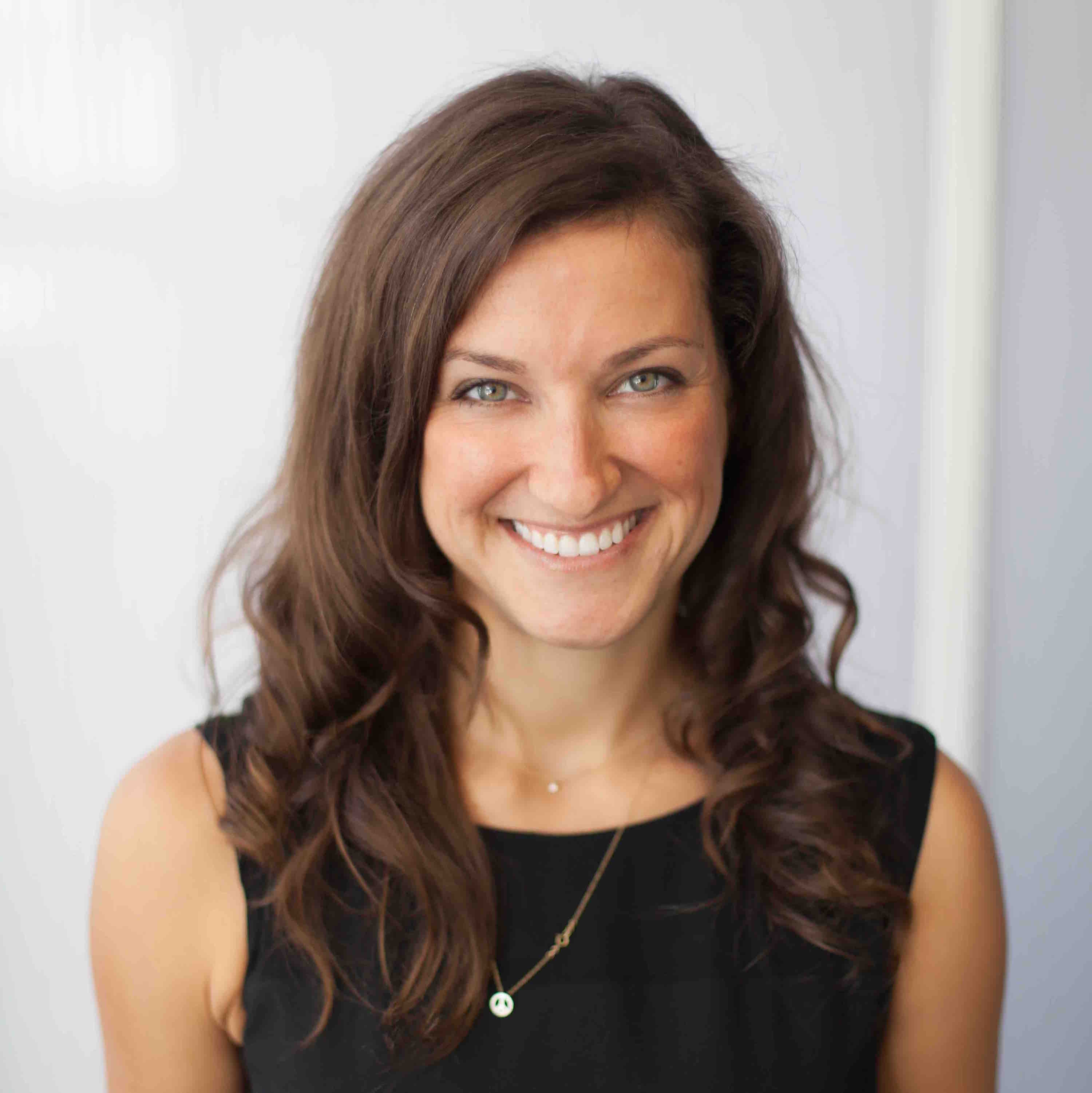
Rachel Pike
- Alumni
- United States
- 2006 PhD Chemistry
- Emmanuel College
Suzanne Pilaar
- Alumni
- United States
- 2008 MPhil Archaeological Science
2009 PhD Archaeology - St John's College

Suzanne Pilaar
- Alumni
- United States
- 2008 MPhil Archaeological Science
2009 PhD Archaeology - St John's College
I earned a BSc in Evolutionary Anthropology and Paleoecology from Rutgers University in 2008 and a MPhil in Archaeological Science from Cambridge in 2009. I completed my PhD in Archaeology at Cambridge in 2012. My PhD combined zooarchaeology and stable isotope analysis to identify changes in human diet and seasonal mobility in response to environmental change from the Pleistocene/Holocene transition to the introduction of domestic animals and agriculture (11,000-7,000 years BP) in the Eastern Adriatic.
Previous Education
University of Cambridge PhD Archaeology 2012
University of Cambridge MPhil Archaeological Science 2009
Rutgers University Evolutionary Anthropology, Paleoecology 2008
Links
http://research.franklin.uga.edu/quaternary
https://www.linkedin.com/in/suzanne-pilaar-birch-96408579
Tiago Pimentel Martins Da Silva
- Alumni
- Brazil, Portugal
- 2019 PhD Computer Science
- Churchill College
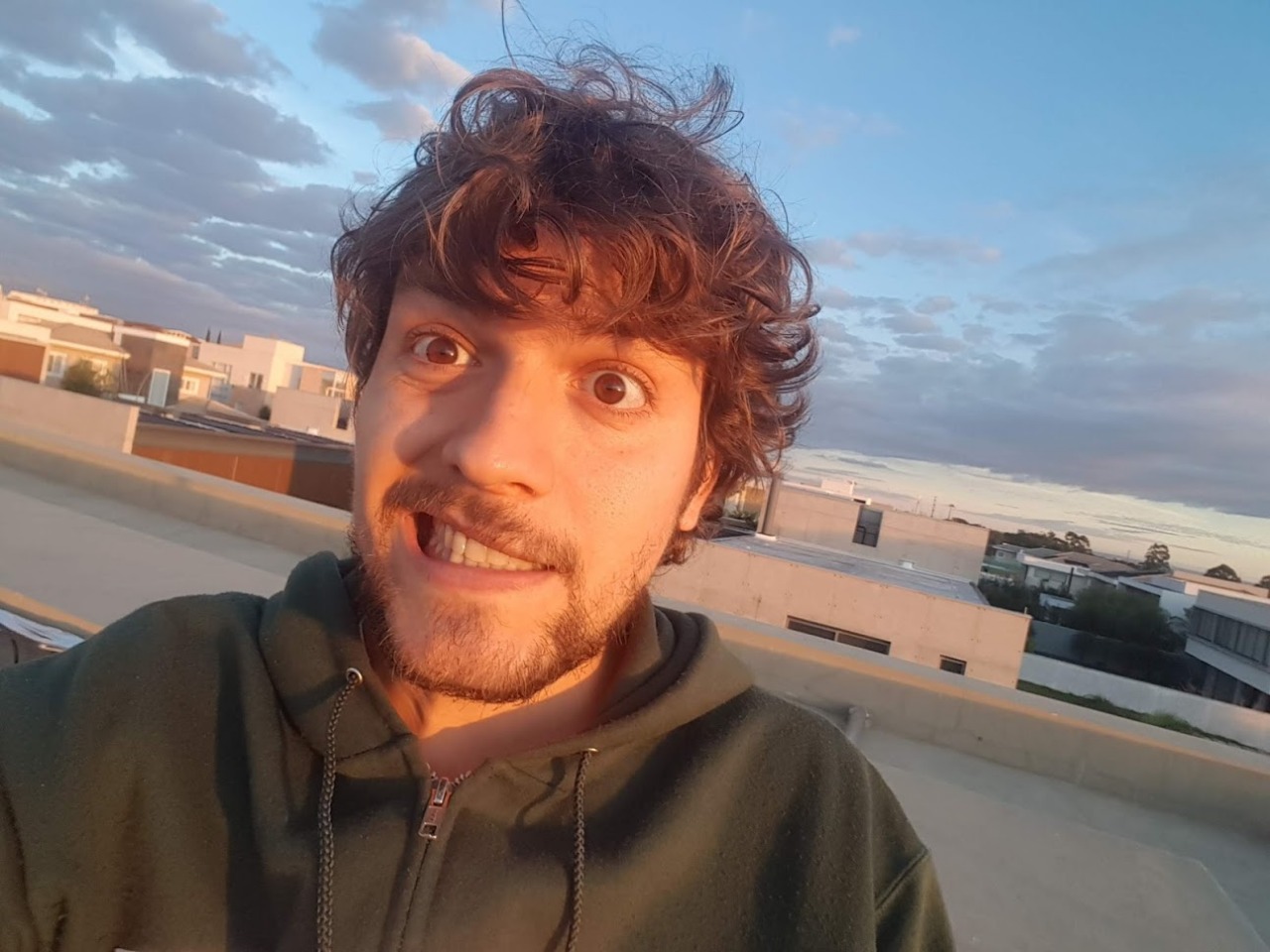
Tiago Pimentel Martins Da Silva
- Alumni
- Brazil, Portugal
- 2019 PhD Computer Science
- Churchill College
I am a PhD student in Computer Science at the University of Cambridge, where I am supervised by Ryan and Simone. At the moment, I am mainly interested in information theory and its application to the study of machine learning models and linguistics. To this end, I have recently been dabbling in information-theoretic linguistics and probing.
I believe that by improving our knowledge of how NLP methods work, we can improve their performance in non-mainstream languages, empowering the communities that speak them.
I enjoy the few sunny days I get in the UK and I am always looking forward to summer.
Previous Education
Universidade Federal de Minas Gerais Computer Science 2018
Universidade de Brasilia Mechatronics Engineering 2015
Hannah Pincham
- Alumni
- Australia
- 2008 MPhil Education (Thematic route)
2009 PhD Experimental Psychology - St John's College

Hannah Pincham
- Alumni
- Australia
- 2008 MPhil Education (Thematic route)
2009 PhD Experimental Psychology - St John's College
Hannah completed her PhD in the Department of Experimental Psychology under the supervision of Dr Denes Szucs. Following her time in Cambridge, Hannah worked as a Post-Doctoral Research Fellow at the Anna Freud Centre and University College London. Hannah completed medical training at The University of Sydney in 2018 and is further specialising in Psychiatry. She is a Senior Lecturer in Psychiatry (conjoint) at the University of New South Wales.
Arazi Pinhas
- Alumni
- United States
- 2015 PhD Astronomy
- Hughes Hall
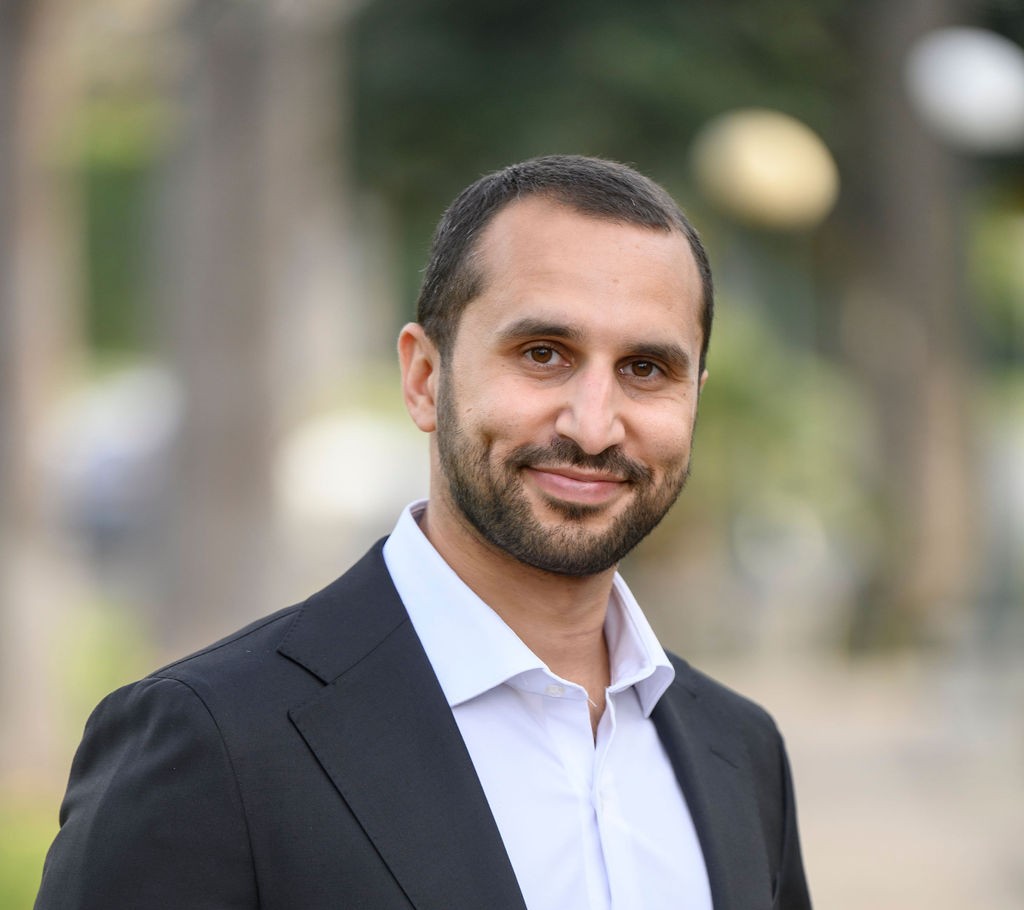
Arazi Pinhas
- Alumni
- United States
- 2015 PhD Astronomy
- Hughes Hall
I am a versatile physicist with a PhD from the University of Cambridge, skilled in advanced data analysis, modeling, and simulations. With expertise in Python, C++, MATLAB, and SQL, I have a proven track record in software development, project management, and leading research teams. My background includes significant contributions to the aerospace industry, as well as experience in mentoring and academic publishing. I am eager to transition into roles in data science, quantitative finance, or continue in the aerospace sector, leveraging my analytical skills and problem-solving abilities to drive innovation and success. Open to opportunities in the Los Angeles area or remotely.
Previous Education
University of Oxford
University of Pennsylvania
University of Cambridge
Links
Deborah Pino Pasternak
- Alumni
- Chile
- 2003 PhD Education
- Darwin College

Deborah Pino Pasternak
- Alumni
- Chile
- 2003 PhD Education
- Darwin College
Vladimir Pintro
- Alumni
- Haiti
- 2006 MPhil Philosophy
- King's College

Vladimir Pintro
- Alumni
- Haiti
- 2006 MPhil Philosophy
- King's College
This year I shall do research in normative ethics and metaethics. Briefly, I am interested in two questions: a) 'What should the relation between moral concerns and non-moral ones be?'and, b)'Is "particularism" ( a position that denies the existence or importance of ethical principles) a viable option for moral philosophers?' I am also interested in exploring other areas of philosophy, e.g., philosophical logic, history, Wittgenstein, and aesthetic.
Diana Pirjol
- Alumni
- Romania
- 2011 MPhil Public Health
- St Edmund's College
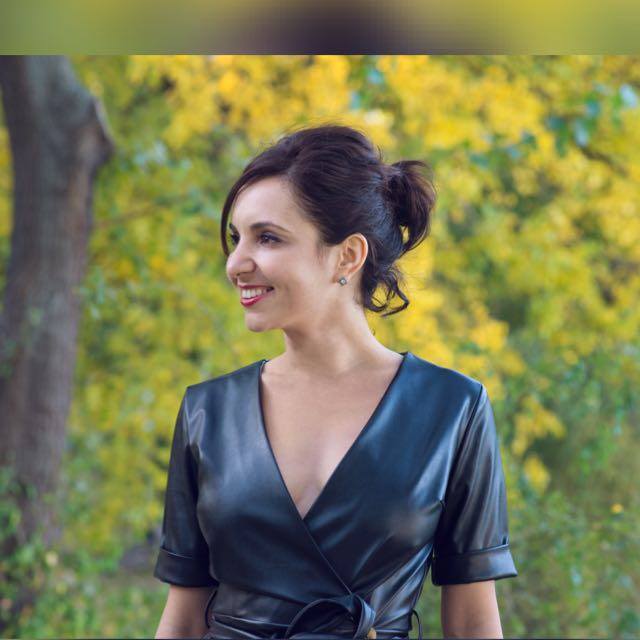
Diana Pirjol
- Alumni
- Romania
- 2011 MPhil Public Health
- St Edmund's College
I pursued the Mphil in Epidemiology at Cambridge University as a Gates Scholar and I am now doing my MBA at CEU. I am an epidemiologist by training with extensive work experience with the pharmaceutical companies, IQVIA, the World Bank Group, CDC, patient organizations, and NGOs from the U.S., Eastern, and Western Europe.
In the past, I was a consultant with the World Bank Group, the world-leading development organization, and later with IQVIA, the world's leading pharmaceutical consulting firm. Overall, I have ten years of multidisciplinary project management, sales, and marketing experience in the pharmaceutical and healthcare fields. I was in charge of leading product development from its official launch to exiting the market. Specialties: strategy development, project management, stakeholder management, financial analysis.
Links
https://www.hdigr.com
https://www.linkedin.com/in/diana-pirjol-31725816








